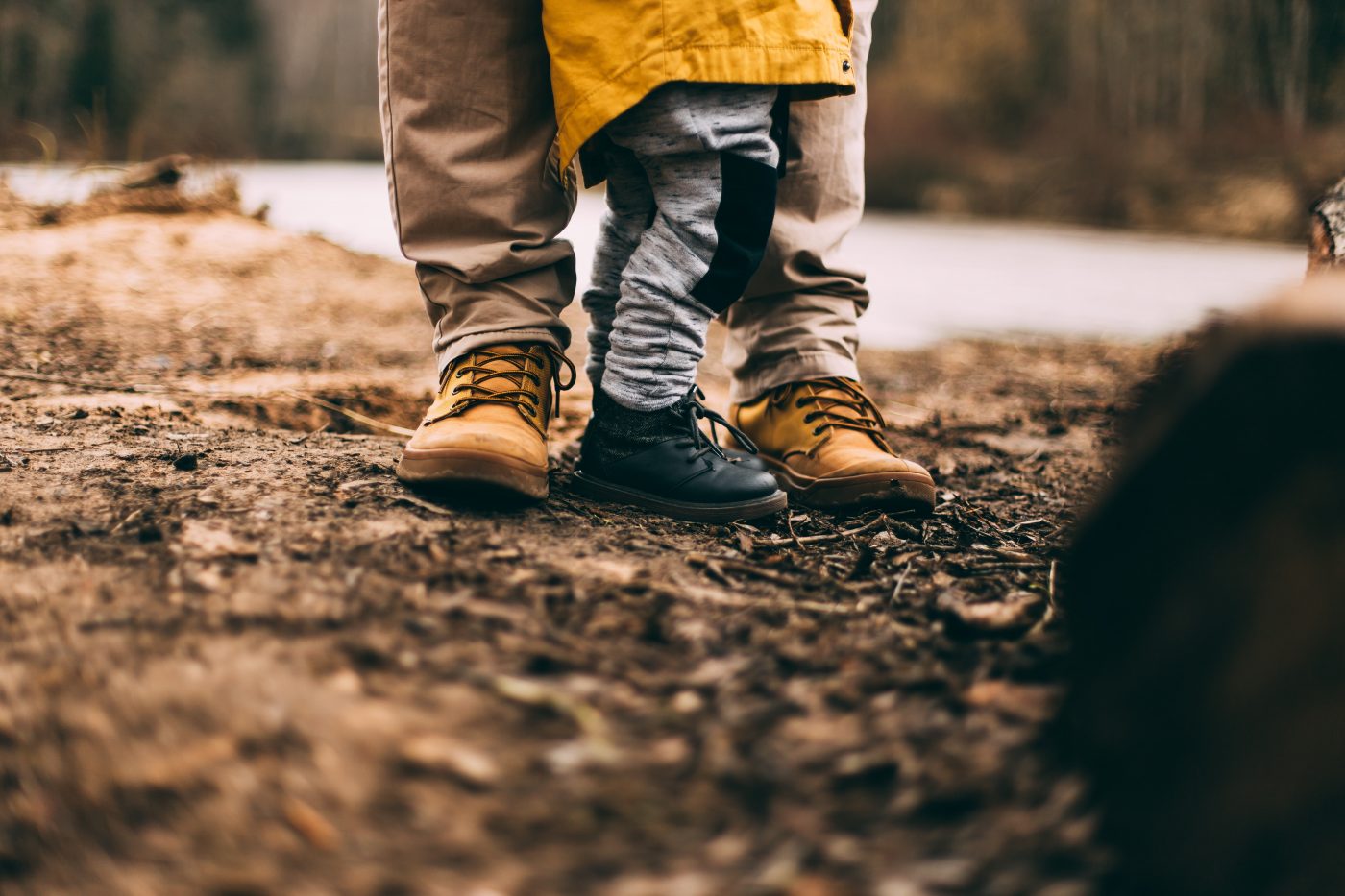How to Help Children During Divorce or Separation

Divorce or separation is a highly stressful and emotional experience for you and your ex-partner, but it can also turn your child’s world upside down.
Children will often have feelings of loss, anger and anxiety about how their lives are going to change. They may experience emotional and behavioural problems, and it can affect how they are performing at school.
It’s important to note however that staying together for the sake of the children and continuing the conflict that they may be witnessing at home can be just as detrimental. Children that grow up in high-conflict homes can also experience many problems due to the constant conflict, stress and unhappiness they experience.
The good news is that there are ways you can influence the impact of divorce or separation on your children, such as considering family mediation instead of heading straight to court. Family mediation is quicker, less stressful and less expensive than going to court and it allows you to control your family’s future, instead of a judge. Studies have also found that parents who attend family mediation rather than court after divorce have significantly better long-term relationships with their children. Read more about how family mediation could help you.
How to talk to your children about your divorce/separation
- Tell them together if you can
- Keep fault and blame about the reasons for the breakup out of it
- Let them know it’s not their fault
- Give them lots of reassurance. Let them know that you will all be OK, that you will all feel lots of different emotions including being sad, angry, worried, happy – but that’s OK. Let them know they will still spend lots of time with you both and that you both still love them.
- Keep it simple, but make sure they know what is happening next – when one of you is moving out, where you will be going, how they can get in touch, when they will see you.
- Be prepared to repeat most of the above while they adjust to the changes
Helping your child come to terms with your separation
Sometimes children do not want to talk, and you may struggle to make them understand what’s going on. Books can provide comfort and clarity on some of the thornier issues in life and this is especially true for children who are going through the turmoil of family change and their parents’ divorce or separation. Here are some books that we think help deal with some of the issue’s children face :
My family’s Changing : The issue of divorce is presented here in a simple and straightforward way, supported by colourful illustrations.
Dinosaur’s Divorce – A Guide for Changing Families : This follows a dinosaur family going through a divorce, the upsetting feelings and changing homes-living with one parent, visiting the other and living with stepparents, brothers and sisters.
Step by Wicked Step : Five pupils go off together on a school trip and discover they all have something in common- their parents are divorced. Each has a story to tell of their experiences. And how they have faced the strains of torn loyalty, had to accommodate new partners in their parents’ lives and had to work out resolutions to parents’ childish quarrels.
It’s Not the End of The World : Karen’s parents have always argued, and lately, they’ve been getting worse. But when her father announces that they’re going to get divorced, it seems as if Karen’s whole world will fall apart. Her brother, Jeff, blames their mum. Her kid sister, Amy, asks impossible questions and is scared that everyone she loves is going to leave. Karen just wants her parents to get back together. Gradually, she learns that this isn’t going to happen – and realises that divorce is not the end of the world.
For more books for children experiencing their parent’s separation visit The Book Trust
Ways you can support your child during your divorce or separation
Children are amazingly resilient; they will bounce back, but you can help them along the way.
- The unknown is scary. Give them as much information and reassurance as you can
- Keep them out of your arguments. They love you both and don’t need to take sides or have to make big decisions.
- Be consistent. They need to trust in the arrangements you make
- Let them talk on their own terms. Answer questions as simply and as honestly as you can. Don’t put them on the spot about what happens during their time with your ex.
- Be encouraging but acknowledge their emotions. Children can often seem reluctant to spend time with the other parent. They might be anxious about the new routine, worried about upsetting one or both of you, or feeling that they have to take sides.
- Keep working together as parents. This one’s tough, especially early on but it will get easier. You still need to communicate about things that affect your child such as illnesses, school, special days etc. never mind the usual day to day stuff. Text and WhatsApp can be really helpful when it’s hard to talk to each other, but it is also easy to take messages the wrong way or read more into them than was intended. Family mediation will help you find ways of being able to communicate with each other.
Things to look out for
Family break-up is known to be one of several childhood experiences that can lead to children developing mental health problems, including anxiety and depression. It is important to look out for the warning signs that may mean you need to seek support.
These can include behavioural changes such as losing interest in friends, issues at school, being reluctant to talk, difficulty concentrating, younger children becoming clingier, or young adults becoming withdrawn. There are also physical signs to look out for; changes in appetite, disrupted sleep patterns, increased bed-wetting, frequent headaches or stomach aches, and self-harming.
If you think your children’s mental well-being is suffering, then it is important to seek professional help. Below are just a few of the organisations that can help.
Children’s mental health – Every Mind Matters – NHS (www.nhs.uk)
YoungMinds | Mental Health Charity For Children And Young People | YoungMinds
YoungMinds | Mental Health Charity For Children And Young People | YoungMinds
And Remember.
Although this is a difficult time for everyone involved, it’s important to remember that children may struggle the most during the first year or two after divorce, but many children bounce back soon after. They adjust to the changes in their new routines and become comfortable with the new arrangements.
Family mediation can help you make these arrangements for your future. It helps you focus on the issues affecting both of you, for example parenting arrangements, property and money, and what to do about it all now you are separated.
We understand this is a difficult time. Our mediators will not rush you to solutions or push you to make a hasty agreement. Instead, our mediators will help you focus on ensuring the outcome is truly what both of you believe is best in the circumstances.
In this short video below you can hear from Tricia Mason who went to family mediation 15 years ago. She talks about how her two children have regular contact with their father. Her daughter Kate grew up with her parents living apart, and she talks about how important it has been for her to have contact with both parents over the years.

Taking care of your
mental health

Books to help your
child understand
divorce or separation

How family mediation
can help

£500 towards the cost of family mediation
